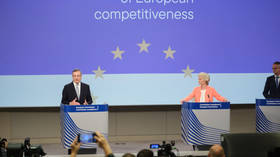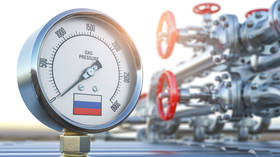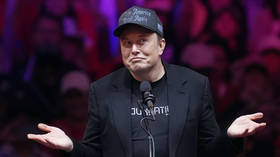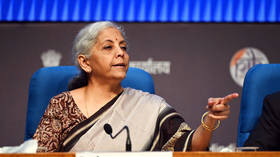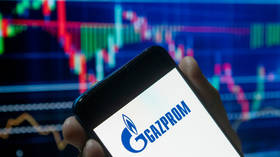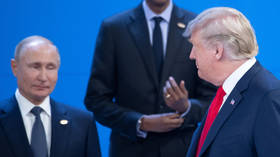EU country calls for Russian LNG ban
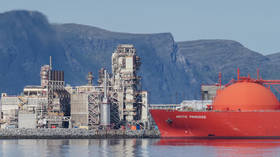
Belgium, one of the EU’s biggest importers of Russian liquefied natural gas (LNG), cannot stop soaring imports of the fuel unless a bloc-wide ban is imposed, Energy Minister Tinne Van der Straeten has told the Financial Times.
The EU must “go further” to prevent Russian LNG from entering the bloc as companies cannot break long-term contracts without broader restrictions, Van der Straeten told the outlet on Thursday.
Current EU rules do not provide enough legal grounds for companies to break contracts with Russia, which typically run for ten years and were mostly signed before the Ukraine conflict, the minister argued.
“We have looked into this. We have Russian gas coming into Belgium. I have looked under every stone and the gas [legislation] is not going to help,” Van der Straeten said. “We need a European approach.”
Meanwhile, LNG shipments to the bloc using ports such as Belgium’s Zeebrugge – a major hub for LNG imports and re-export to third countries – have been on the rise.
According to an August study of trade data by the Institute for Energy Economics and Financial Analysis, supplies of Russian LNG to EU countries overall jumped by 7% in the first six months of the year compared to the same period last year.
Echoing Van der Straeten’s remarks, the Dutch minister for climate and green growth, Sophie Hermans, told the parliament in a letter on Monday that she would raise the issue at a meeting of EU energy ministers next month.
“There are no other options where we can terminate private contracts without a sanction rule from the European Commission being applied,” Hermans said.
According to the minister, the number of LNG tankers with Russian fuel entering Rotterdam’s main Gate terminal has risen from an average of one a month between mid-2022 and mid-2024 to two a month over the summer.
Spain and Belgium were the biggest EU buyers of Russian LNG last year, according to energy analytics firm Kpler. France, however, looks set to overtake these countries as it more than doubled LNG imports from Russia in the first half of this year, even as the EU pledges to stop consuming Russian fuel by 2027.
In June, the EU banned some operations related to LNG of Russian origin, including re-loading, ship-to-ship transfers, and ship-to-shore transfers with the purpose of re-exporting to third countries via the bloc. Russian seaborne gas imports into the EU remained permitted via LNG terminals that are linked to the interconnected natural gas network. However, the bloc has stopped short of imposing sanctions on the fuel beyond a ban on trans-shipments, which has yet to come into force.
